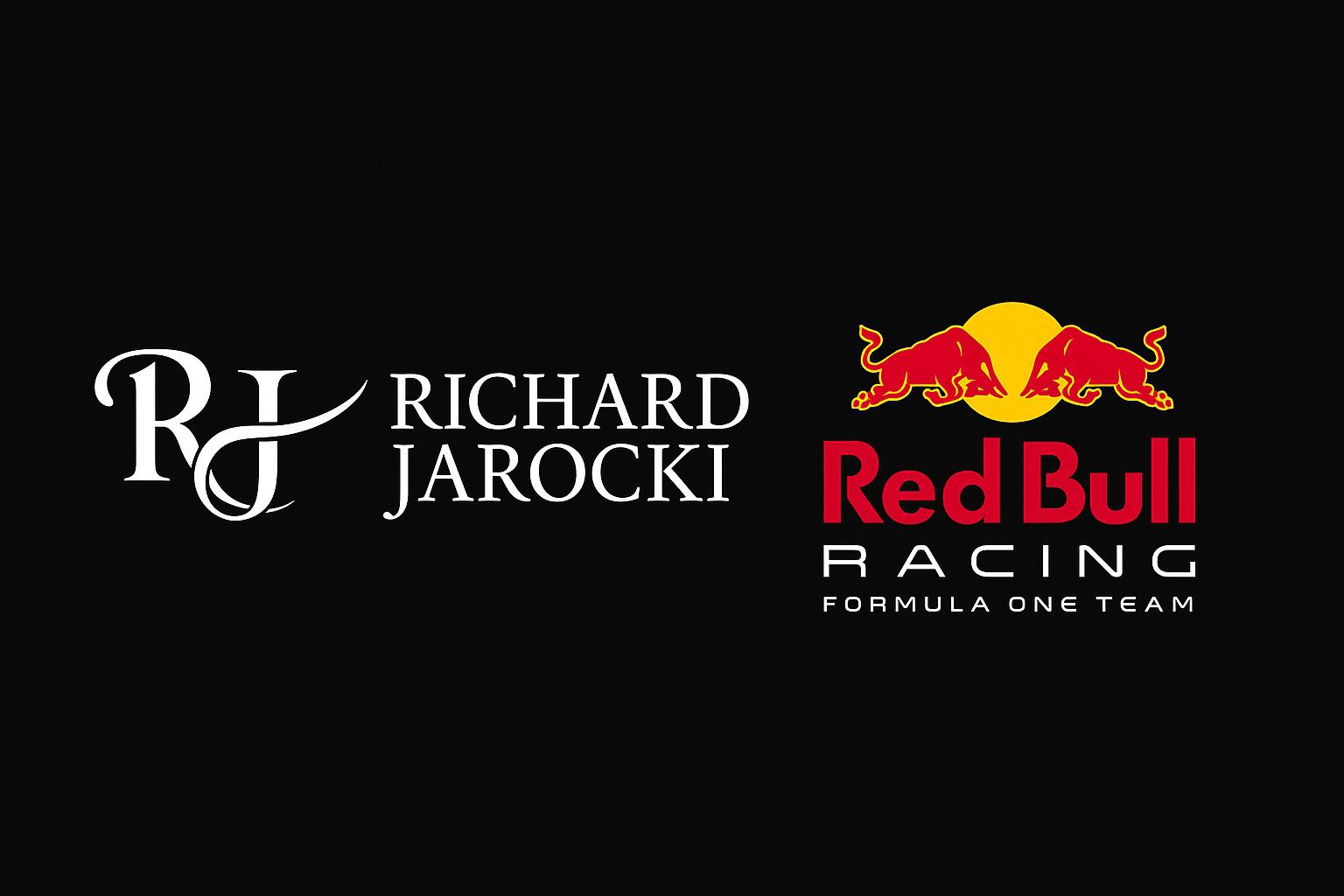
In one of the most seismic shifts in recent Formula 1 history, Red Bull Racing has officially parted ways with longtime Team Principal and CEO Christian Horner, ending his 20-year reign at the helm of the sport’s most successful team of the modern era. The timing and execution of this bombshell mid-season decision have the paddock buzzing, especially with speculation that three-time World Champion Max Verstappen—Red Bull’s most valuable asset—played a silent but significant role behind the scenes.
This is more than just a change in leadership. It signals a pivotal moment in the direction of Red Bull Racing, one that could redefine the team’s future and determine whether its brightest star stays on board.
Christian Horner took charge of Red Bull Racing at its inception in 2005 and led the team to six Constructors’ Championships and eight Drivers’ Championships, turning it into a motorsport juggernaut. Under his leadership, the team transitioned from an energy drink marketing experiment into a true powerhouse on the Formula 1 grid.
Horner’s tenure included back-to-back domination in the early 2010s with Sebastian Vettel, and then again in the 2020s with Max Verstappen. However, the last 18 months have been anything but smooth.
Controversies off the track, including a high-profile internal investigation into alleged misconduct, severely impacted the team’s reputation. Although Horner was cleared, the leak of private text messages and persistent internal tension created a storm that refused to settle. What had once been a unified team started to fracture.
Adding to the tension, Red Bull's top talent began to depart. Legendary car designer Adrian Newey, whose technical genius was behind Red Bull's dominant machines, announced his departure. Longtime Sporting Director Jonathan Wheatley also left, further hollowing out the core leadership group.
Meanwhile, Red Bull’s on-track dominance began to waver. After years of supremacy, the team has slipped to fourth place in the Constructors' standings behind McLaren, Ferrari, and Mercedes. The fall from grace has been swift—and painful.
In the eyes of many, Horner’s leadership was no longer delivering results or unity. And so, in a move as shocking as it is strategic, Christian Horner has been dismissed.
To replace Horner, Red Bull didn’t have to look far. Laurent Mekies, formerly the Team Principal of Red Bull’s sister outfit Racing Bulls (formerly AlphaTauri), has been promoted to oversee Red Bull Racing’s daily operations.
Mekies is no stranger to the F1 world. He’s held senior technical and operational roles at FIA, Toro Rosso, and Ferrari, where he served as Sporting Director. Known for his diplomatic style and engineering expertise, Mekies is seen as someone who can both manage elite driver dynamics and restore internal harmony.
His new role is loaded with expectations:
To fill Mekies’ spot at Racing Bulls, Alan Permane has been promoted. Permane brings decades of F1 experience, most recently from Alpine, and is respected up and down the paddock for his strategic acumen.
This two-tiered leadership shuffle is a bold, all-in reset across the Red Bull ecosystem.
Max Verstappen debuted for Red Bull Racing in May 2016, famously winning his very first race with the team—the Spanish Grand Prix. At just 18 years old, he became the youngest-ever F1 race winner, and over the past decade, he has become the face of the Red Bull empire.
With three World Championships (2021, 2022, 2023) and dozens of wins under his belt, Verstappen is one of the most valuable athletes in motorsports. His contract runs until 2028, but reports indicate that it includes performance-related exit clauses, giving him leverage over team decisions.
In 2024 and 2025, Verstappen’s frustrations have become increasingly visible. Multiple sources report that:
With Red Bull slipping behind its rivals and Mercedes reportedly courting him aggressively, Verstappen's future became a central question.
While there is no confirmed report that Max explicitly demanded Horner’s removal, insiders believe the move was made with one goal in mind: to secure Verstappen’s long-term commitment. By removing a source of internal tension and bringing in leadership more aligned with Max’s vision, Red Bull is betting on keeping its generational talent.
This accelerated sequence shows just how fast the pressure built up and how decisive Red Bull was in resetting the team dynamic.
The next immediate test comes at the Belgian Grand Prix, where Mekies will make his debut as Red Bull Racing’s team boss. The team enters the weekend fourth in the Constructors’ standings, and Verstappen trails Oscar Piastri by 69 points in the Drivers’ Championship.
Expectations are high. Fans and analysts alike will be scrutinizing everything—from pit wall decisions and garage mood to Verstappen’s body language and post-race comments.
Mekies will need to:
Meanwhile, Red Bull’s broader strategy appears to hinge on one thing: retaining Max Verstappen. If the leadership change stabilizes the environment and reinvigorates results, the team may yet turn 2025 into a redemption arc.
But if it fails? A Verstappen exit could trigger a full-blown identity crisis.
Red Bull Racing’s decision to part ways with Christian Horner mid-season wasn’t just bold—it was essential. The team found itself at a crossroads: cling to legacy leadership or pivot toward future stability. They chose the latter.
Laurent Mekies now has the reins of a team in flux but still rich in talent. With Max Verstappen still on the grid, a powerful engine partnership, and a history of excellence, Red Bull isn’t done yet.
The 2025 season may well be remembered not just for what happened on track—but for the bold decisions made off it. And only time will tell if this gamble pays off.
One thing is certain: Formula 1’s political theater just delivered another classic act.